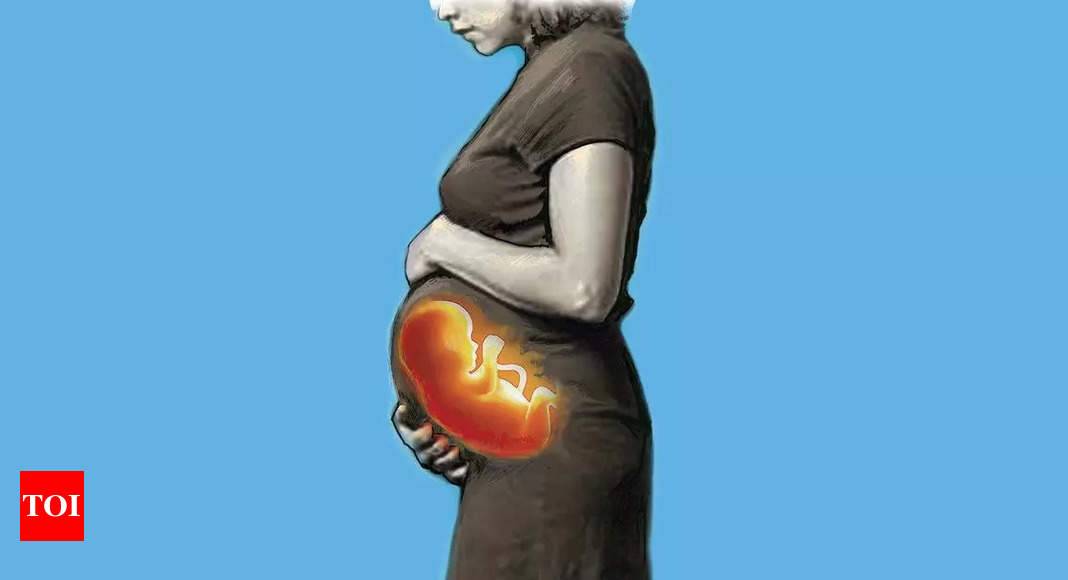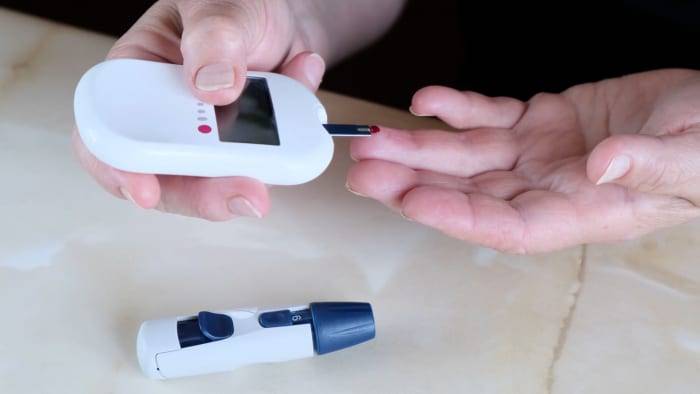For Sarah, this realization came after her breast cancer diagnosis. Despite the initial shock, she took control by adopting healthier habits like regular physical activity and a balanced diet. Her journey mirrors the findings of recent studies highlighting how a healthy lifestyle can reduce cancer mortality among survivors.
A multinational cohort study involving over 37,000 cancer survivors from the U.S., U.K., and China showcases the impact of lifestyle factors on survival. The study identified five key lifestyle elements: smoking cessation, light alcohol consumption, a healthy diet, adequate physical activity, and optimal body mass index (BMI). Each of these factors independently reduced the risk of all-cause mortality, with the greatest benefit seen when combining them. For instance, survivors adhering to four or five of these healthy habits had their risk of all-cause and cancer mortality reduced by about half.
Further research from Roswell Park Comprehensive Cancer Center underscores the importance of these habits for high-risk breast cancer patients. Studies found that adhering to cancer prevention guidelines before, during, and after chemotherapy resulted in a 37% lower risk of recurrence and a 58% lower risk of death. The factors contributing most to improved outcomes were smoking cessation and increased physical activity. Emphasizing fruits, vegetables, and avoiding sugar-sweetened beverages also contributed to reduced recurrence and mortality risks.
Additionally, research within the European Prospective Investigation into Cancer and Nutrition (EPIC) highlights that making healthier lifestyle changes during adulthood inversely affects all-cause and cancer mortality. Conversely, adopting unhealthier habits accelerates mortality risks. This supports the notion that it’s never too late to benefit from changing one’s lifestyle. Worldwide, studies suggest that nearly half of cancer deaths might be preventable with lifestyle modifications, particularly by addressing tobacco use, alcohol consumption, and obesity.
As Sarah reflects on her journey, she realizes that every step toward a healthier lifestyle counts. Her story and the research suggest that even in the face of cancer, individuals have more control over their survival than previously thought. This raises a critical question: How can we more effectively integrate lifestyle education and support into cancer care to empower patients like Sarah to take charge of their health?
For more updates on health breakthroughs and policy changes impacting patient care, visit Epochedge Health and Epochedge News. By focusing on prevention and living proof of successful health transformations, we can work toward creating a healthier future for cancer survivors and the broader community alike. For comprehensive insights into cancer research and lifestyle impacts, visit Epochedge.









